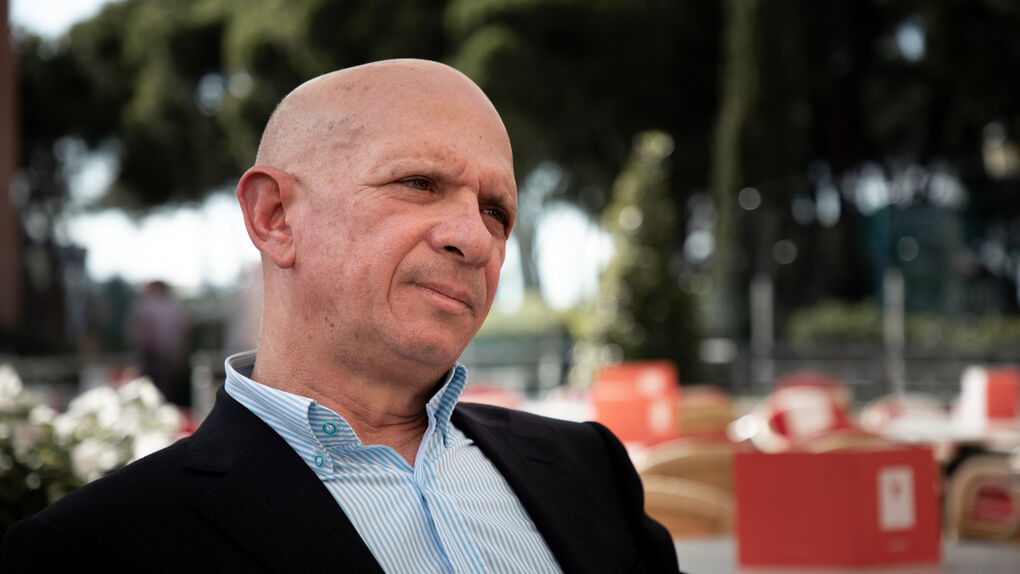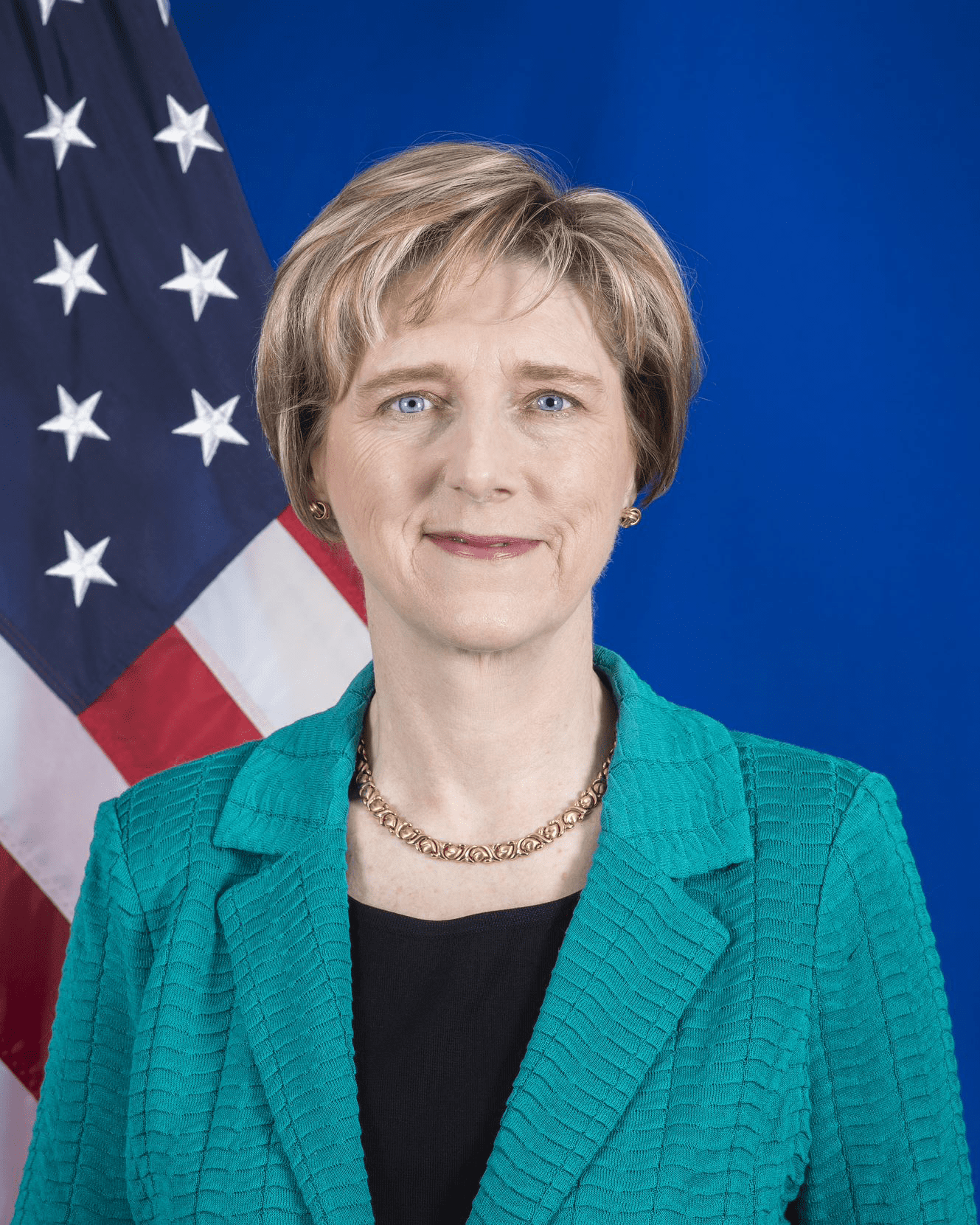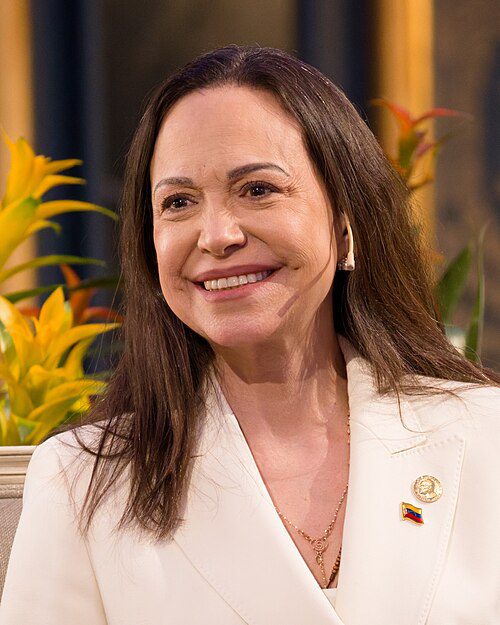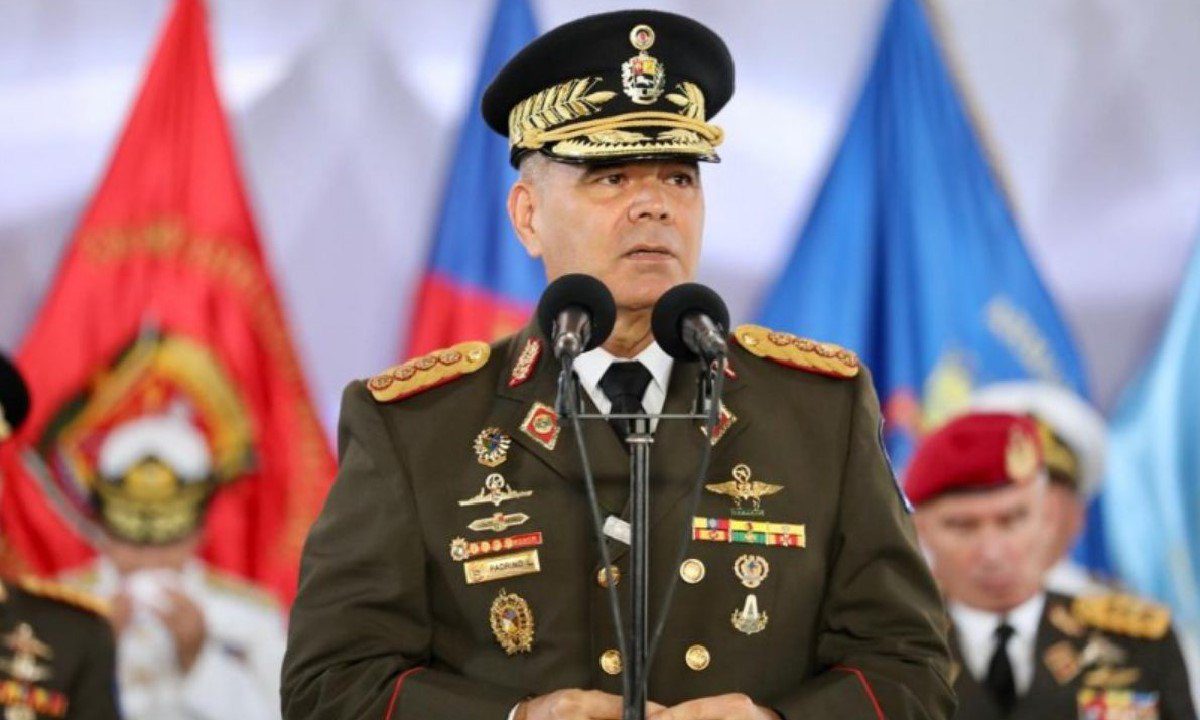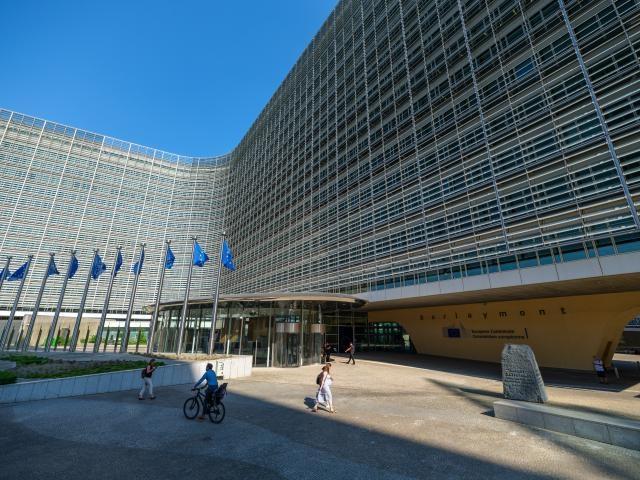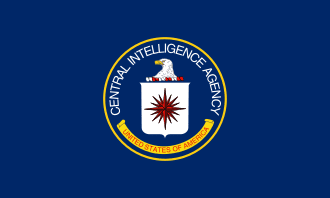The retired military officer and chavismo dissident was arrested in Madrid in 2021 and extradited to the U.S. in 2023, after being sought by U.S. justice for more than a decade. Photo: Vozpópuli/Clara Rodríguez (2019).
Guacamaya, July 1, 2025. On June 25, Hugo “El Pollo” Carvajal, former head of Venezuelan military intelligence and once a powerful figure within chavismo, pleaded guilty to multiple charges related to drug trafficking and narco-terrorism before a federal court in New York.
This event, marking a judicial milestone after years of pursuit, arrest, and extradition, draws attention due to its potential political implications, especially amid the heightened tensions currently existing between the United States and Venezuela.
Carvajal’s guilty plea represents a significant blow to the Venezuelan government, as it exposes links to organized crime, intensifies international pressure, and raises the risk of new sanctions against the Maduro administration.
Therefore, it is timely to examine the background surrounding this event, the timeline leading to his guilty plea, and the political, judicial, and diplomatic repercussions that could arise for Venezuela.
A figure to note in chavismo
Hugo Armando Carvajal Barrios, 65, served as head of the Directorate General of Military Intelligence (DGIM) during Hugo Chávez’s government from 2004 to 2011. The agency, later renamed the Directorate of Military Counterintelligence (DGCIM), a name still in use, was also led by Carvajal between April 2013 and January 2014 under Nicolás Maduro’s mandate.
In 2008, while still leading the DGIM, Carvajal was included on the U.S. Treasury Department’s Clinton List of individuals linked to drug trafficking money. From this position of power, according to a recent Department of Justice statement, “El Pollo” Carvajal allegedly facilitated the shipment of tons of cocaine to the United States in collaboration with the FARC guerrilla group.
In January 2014, facing these allegations, Carvajal’s responsibilities shifted to the diplomatic sphere when Maduro’s government appointed him as consul in Aruba. The ex-military officer arrived on the Caribbean island, but his credentials had not been approved and he was detained by local authorities. However, he was later released after his diplomatic immunity was recognized.
Later, Carvajal, who had attained the rank of major general in his military career, also served as a deputy in the National Assembly for the United Socialist Party of Venezuela (PSUV) during the 2016–2021 term, when the opposition held the majority. Although originally from Puerto La Cruz, Anzoátegui state, he represented the neighboring state of Monagas.
Still, “El Pollo” did not complete his parliamentary term. In 2019, he publicly broke with the ruling party and backed opposition leader Juan Guaidó, who had proclaimed himself interim president of Venezuela. From hiding, he hinted at possessing information about corruption and drug trafficking within the government, which led him to seek exile as a political fugitive from Maduro.
From exile to extradition to the United States
After arriving in Spain that same year, he was arrested in April at the request of the United States. However, months later, in September, a ruling by Spain’s National Court denied his extradition and released him. Although the Criminal Chamber of the National Court overturned this decision two months later, Carvajal’s whereabouts were unknown and he remained a fugitive.
It was not until September 2021, two years later, that Spanish police arrested him after a complex operation revealed that Carvajal was living in complete seclusion, never leaving his residence and protected by trusted individuals. The arrest followed a U.S. offer of a reward of up to $10 million for information leading to his capture and conviction.
In October 2021, a month after his arrest, Spain’s Supreme Court approved his extradition, but it was delayed by a precautionary appeal filed by his lawyers before the European Court of Human Rights in 2022. After this appeal was dismissed, Carvajal was sent to the United States in July 2023, where he initially pleaded not guilty.
The trial and potential sentence
The New York prosecutor’s office requested to postpone his trial until November of that year, which the court granted. Finally, on June 25, 2025, Carvajal pleaded guilty to four serious charges, including conspiracy for narco-terrorism, conspiracy to import cocaine, and offenses related to firearms and destructive devices.
“El Pollo” Carvajal’s sentencing is scheduled for October 29, 2025, and he could face life imprisonment. According to federal guidelines communicated in a letter to one of Carvajal’s lawyers, a minimum sentence of 50 years is suggested for the 65-year-old defendant. However, the sentence could be reduced due to his agreement to cooperate with U.S. authorities.
Implications for Venezuela
Hugo “El Pollo” Carvajal’s guilty plea in the United States could have significant repercussions for Venezuela, especially for Nicolás Maduro’s government, across multiple spheres. It may deepen international discredit and diplomatic pressure, expose corruption and organized crime links, and trigger new unilateral measures.
Carvajal’s public confession about his role in drug trafficking and narco-terrorism, including collaboration with the now-defunct Colombian guerrilla group FARC, reinforces the international rhetoric and global image of Venezuela as a “narco-state.” Other countries besides the U.S. could impose new sanctions as a form of pressure.
Moreover, as a former intelligence chief, Carvajal holds privileged information on various Venezuelan state operations, including those involving international allies such as Russia, China, and Iran. He could also implicate high-ranking officials and active military personnel, especially regarding the alleged “Cartel of the Suns,” with which he is linked.
Carvajal’s cooperation could deepen U.S. investigations against other powerful Venezuelan government figures, potentially leading to new individual sanctions. The case also reinforces perceptions of corruption and abuse of power within the military high command, further weakening the legitimacy of the Armed Forces internally.
Impact on Venezuela-U.S. relations
Relations between the two countries, already broken for years, have deteriorated further in recent months following new sanctions targeting Venezuela’s oil economy and migration restrictions against Venezuelans. Carvajal’s conviction symbolically heightens these tensions, potentially increasing pressure on the Venezuelan government and prompting additional U.S. sanctions.
As Carvajal is a chavismo dissident, Maduro’s administration is unlikely to seek rapprochement or exchanges. Dialogue willingness between both sides does not appear on the immediate agenda, although negotiation or mediation could always be options if political or economic costs shift.

